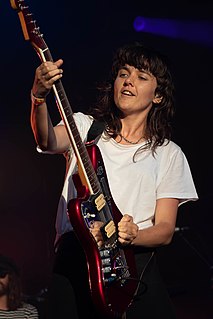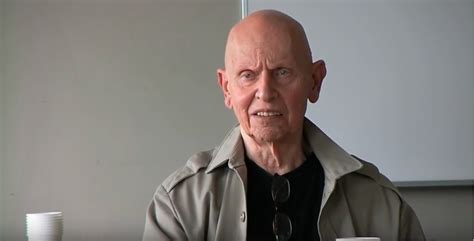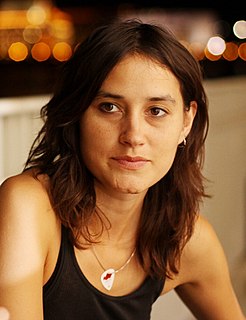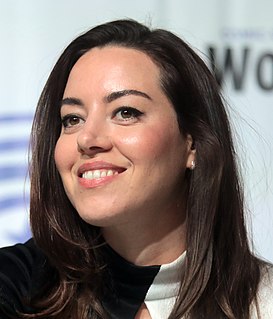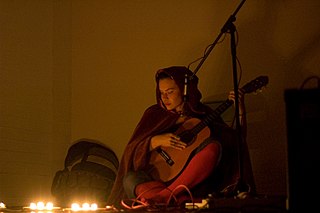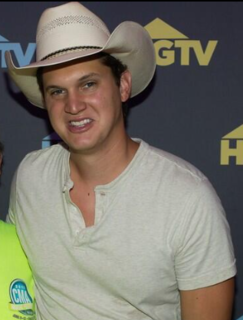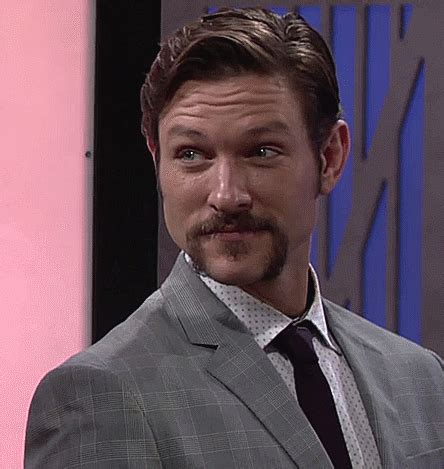A Quote by Jonathan Levine
The way 'Coming Home' uses music in general is incredible, but the final song that really kind of crescendos all of the emotion that the whole movie has kind of been building to is this song called 'Once I Was' by Tim Buckley.
Related Quotes
Singing is a way of releasing an emotion that you sometimes can't portray when you're acting. And music moves your soul, so music is the source of the most intense emotions you can feel. When you hear a song and you're acting it's incredible. But when you're singing a song and you're acting it's even more incredible.
When you sit down and write a song, you kind of have the idea for the song, and you sit there at the piano and you kinda just write it. And then of course later there's some dinking around with it and changing some stuff. But there's this thing that happens when the song first comes out, that sort of magic when it first comes out of the ether, and you can't even really explain where it comes from. That happens so much with music, and people understand that with music. But I really think that a lot of movie and TV should be the same way.
Bollywood has got this rare quality where it dances, but it still has a depth of a sad song at the same time. It's really strange. They kind of manage to do two things at once. We do a ballad, or a dance song, and it's very difficult. They kind of mix those two things together. It's pretty impressive, beautiful music.
But once you've made a song and you put it out there, you don't own it anymore. The public own it. It's their song. It might be their song that they wake up to, or their song they have a shower to, or their song that they drive home to or their song they cry to, scream to, have babies to, have weddings to - like, it isn't your song anymore.
It's of course important to mention that when DJing, I'm building my own story through the music. I'm figuring out what song to play next, what song to play after that, and how the two will blend together. How the emotion is going to develop from one song to another. So I first build that storyline.
I think the best thing about music is that someone could be writing a song that's so personal, and it tells so many other people's story at the same time. It kind of exemplifies that we are all kind of on the same wave[length] - it's amazing how comforting somebody else's story can be, because we have experienced their story in some way or another, and I can totally relate, and I get to feel that feeling and the expression of that emotion. I get to feel like as a listener, that somebody understands me, which is pretty incredible.
it's about a love song to myself, and a love song to the universe, kind of like the way that Song of Solomon consists of love songs to God or like the way Sufi poems are erotic love songs to God, I kind of wanted something like that. Because I was getting to know myself more deeply at this point. I've always been on this track where I wanted to be enlightened.










